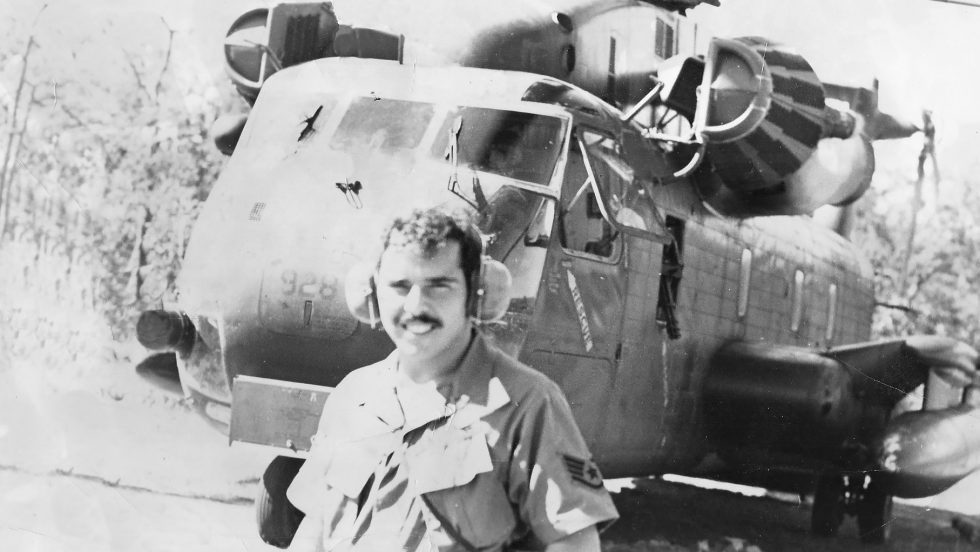
A Family Legacy of Service
I come from a big family—my parents together had 14 siblings—and I was one of the youngest nephews. Many of my uncles, both by blood and marriage, served in World War II. My mom kept photos of them all in uniform and told me where they served—mostly in the U.S. Army and U.S. Navy.
My dad didn’t serve because he lost sight in his right eye at a young age. Still, he did his part—driving a truck to deliver meat to troop ships on the New York piers. He would tell me stories about the soldiers lined up on the docks as he made his deliveries, stopping to talk with them and wish them well.
Inspired to See the World
My uncles shared many stories, too. My Uncle John served with General Patton in Africa. Before the invasion of Sicily, the Army searched for anyone who spoke Italian to help communicate with prisoners of war. Uncle John spoke the Sicilian dialect, and when the POWs arrived, they thought they had found a “brother” guarding them. They all wanted to know what America was like.
Many of my other uncles crossed paths during training, and as a kid, I loved listening to their stories. Later, my older cousins joined the military, and I admired them when they came home on leave in their sharp uniforms. My sisters both married servicemen—one in the Navy, one an Army lieutenant—and my wife’s four brothers also served across the branches: Air Force, Army Artillery, Army Infantry Rangers in Vietnam, and the Marine Corps. By then, I had a good sense of how each branch worked.
After high school, I decided to join the U.S. Air Force. I wasn’t ready for college yet and wanted to see the world. My four years took me from Texas (in the summer!) and Illinois (in the winter!) to Washington state, Japan, South Korea, California, Hawaii, the Philippines, Southeast Asia, and Bangkok. My plan to see the world worked out well.
Lessons in Discipline and Dedication
I loved those years. I quickly realized that stripes meant money, so I studied, took college classes on base, and earned promotions every October—making Staff Sergeant in under three years. I drove a fuel truck, which gave me a front-row seat to every type of aircraft imaginable.
Eventually, I was stationed at a Search and Rescue base in Southeast Asia, seven miles from the Mekong River and about 67 miles from North Vietnam. I worked 12-hour days, six days a week, fueling rescue and attack aircraft that were pulling pilots out of the jungles of Laos. That was my final deployment before heading home.
From Air Force to Adelphi
After four years of service, 45 college credits, and a crash course in independence and responsibility, I returned home. I used my GI Bill to complete my BBA at Baruch College and an MBA at Adelphi University—Go Panthers! That education, along with my Air Force experience, opened the door to a 37-year career at Citibank.
Leaving Vietnam in 1972 wasn’t the hero’s welcome my uncles had received. At San Francisco International Airport, I was told to wear a poncho to protect my uniform from rotten eggs and tomatoes. When I landed at JFK Airport in New York, not one person said “welcome home” or “thank you for your service.” Veterans were caught in the “hate the war, hate the warrior” mindset.
Finding Gratitude—and Paying It Forward
Thirty-three years later, while traveling to Florida with my family and grandkids, I finally got that welcome home. A TSA agent in Miami, also an Air Force veteran, saw my cap and thanked me. Soon, everyone around joined in, shaking my hand and thanking me. My youngest granddaughter asked if I was a hero. That moment—seeing her pride—was something I’ll never forget.
Now, I never miss a chance to thank another veteran or say “welcome home.” You may think it’s a small gesture, but trust me—it will brighten a veteran’s day.